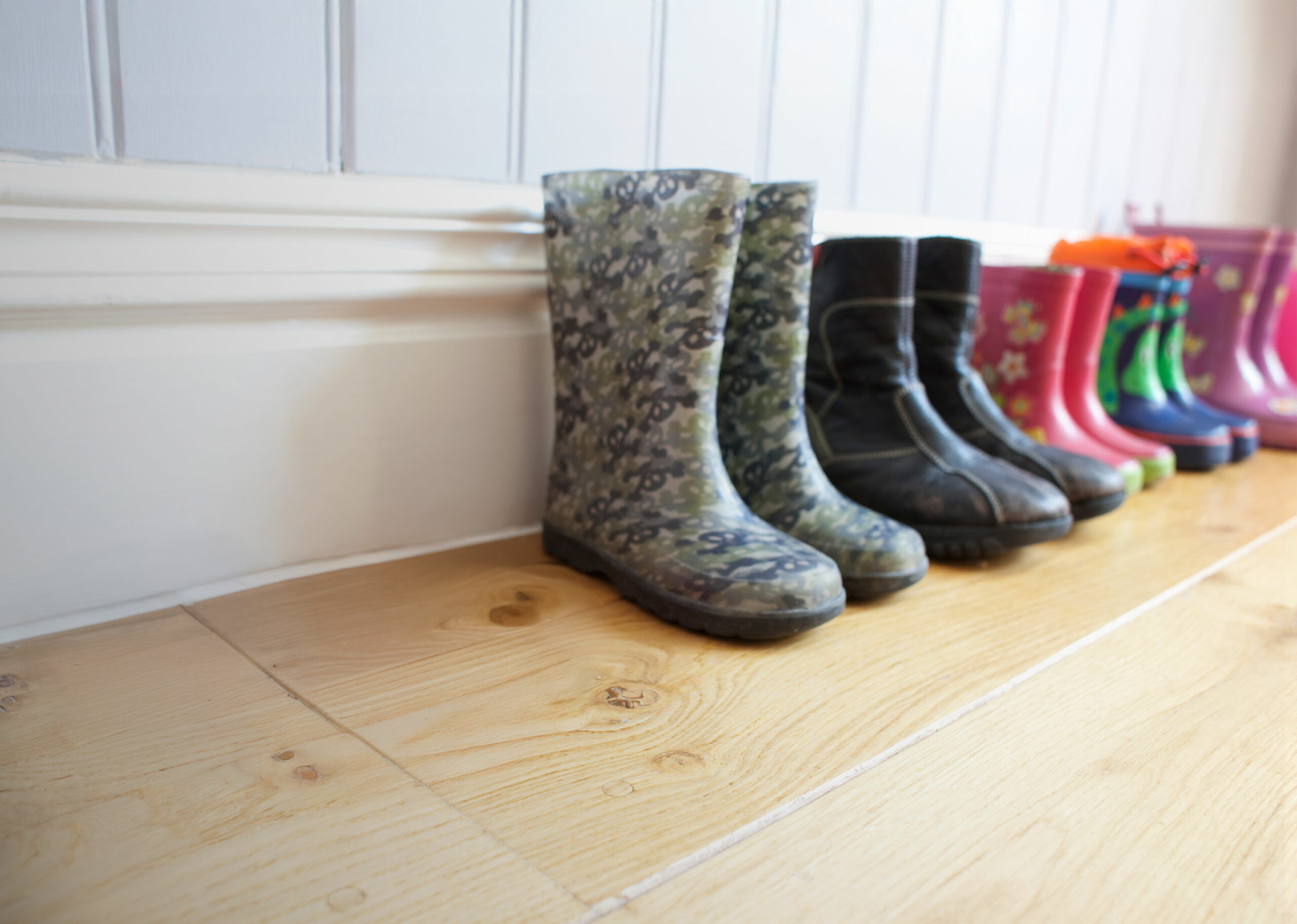Children and the Court
For a parent going through a separation or divorce, the primary concern will be the welfare of their children. Many parents can, and do, make arrangements for the care of their children on their own. The court encourages them to do this if possible rather than imposing orders and effectively acting as a third parent. The court will only make an order if it considers it would be better for the child than not making an order at all.
Unless an exception applies, such as urgency or domestic abuse, then parents will be expected to have tried non-court dispute resolution before making a court application. These are mediation and arbitration. A mediator facilitates parents to make an agreement, whereas an arbitrator (a private judge) makes a binding decision. If there are live safeguarding issues then a children case cannot be arbitrated. Arbitration may be a cost-effective and speedy way to resolve differences.
In those circumstances where parents cannot agree the arrangements to be made for their children the court can become involved. This can involve making decisions concerning Parental Responsibility, Child Arrangements Orders (live with and spend time with), Prohibited Steps Orders and/or Specific Issues Orders relating to education, medical treatment and relocation.
Cases where there are allegations of domestic abuse, or other safeguarding concerns may mean that the case is complex and involve the court making determinations of facts, and social workers preparing a welfare report. Expert assessments may be necessary. Sometimes a guardian is appointed to separately represent the interests of the child/ren.
Child maintenance
On the breakdown of a relationship financial responsibility for any children continues. Putting an effective child maintenance agreement in place is therefore an important issue. There are three main options you can choose from for arranging child maintenance: a voluntary child maintenance agreement reached with the other parent, agreement via the Child Maintenance Service and agreement under the terms of a court order if agreed.
Grandparents
In the event of a divorce, grandparents may lose contact with their grandchildren. It may be possible to maintain contact with grandchildren but if this is unsuccessful mediation is a good first option. As a last resort an application can be made to the court. Grandparents, however, need to apply for permission to apply for a child arrangements order. Sometimes grandparents are identified as carers for children in circumstances where parents are unable to do so and the court may make special guardianship orders in these circumstances supported by the recommendations of the local authority.
Step-parents
It is said that step-parenting is one of the hardest forms of parenting. However no matter how closely a step-parent is involved in the lives of their step-children, they will not automatically gain Parental Responsibility. For a step-parent, parental responsibility can be obtained if the court makes an order providing that the child “lives with” the step-parent, or alternatively, entering into a parental responsibility agreement, by applying to the Court for a Parental Responsibility Order or by applying to the Court to formally adopt their step-child.
Contact a member of our team for more information about the services we offer to help navigate the process of making arrangements that are in the best interests of children.
I feel that Birketts are responsive, genuinely seem to care about the outcome and are very knowledgeable. To date the legal process around the child arrangements has been thorough, consistent and ensured that our child’s wellbeing is prioritised. There is a level of empathy and a human touch which helps in this very stressful situation.
Legal 500 [UK 2026]















